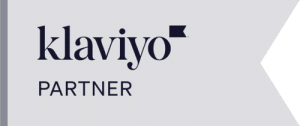For many people, the internet is one of two things: Google or Facebook.
For those who love social media, Facebook is the default choice, providing practically everything that they need, right there in the platform itself. For the rest, it’s Google – the search engine that seems to have the ability to answer any question asked of it.
Google and Facebook both make the majority of their money through paid advertising services. Companies send them money and, in return, the tech giants give them precious, on-screen advertising space.
Knowing the differences between them, therefore, is essential. As a business, you want to make sure that you’re sending your advertising pounds and pence in the right direction. After all, marketing on these platforms is expensive.
Here are some of the differences between Google and Facebook PPC that might inform your decision.
Google PPC Is “Paid Search,” Facebook PPC Is “Paid Social”
PPC or pay-per-click advertising differs between the two platforms.
On Google, you’re paying to appear in search results; hence, the term “paid search.” Instead of competing with all the incumbents for year keywords – websites that have risen through the ranks organically – you pay a fee, and then Google puts your adverts right at the top of results.
The adverts are still recognisably adverts – your website link comes with an ad warning – but at least you’re not stuck on page ten, miles away from customers and clicks. Users can see what you’re selling and, if the mood strikes, click on your link.
Practically all companies use paid search in one form or another, even those whose websites rank high organically. Google provides a platform called Adwords, where users can design the specifics of their campaigns, down to the smallest detail. You tell Google your budget for the month on the platform and then it’ll serve up your PPC hyperlinks to users. If they click, you pay.
PPC on Facebook falls under the “paid social” moniker. You pay the social media company a fee, and it’ll insert your ads into user feeds.
While there are other examples of paid social out there, Facebook is by far the most popular today. It has a higher number of active monthly users than any other social network in the world (including Twitter), making it the most lucrative and generic market for your outreach.
Facebook advertising is also a fundamentally different animal from Google advertising. On Google, you pay Google to serve up your adverts whenever a user types a query into the search box. On Facebook, however, you serve up adverts based on user interests and behaviours. Customers tend to find you on Facebook, whereas Google is all about you going out and finding them.
What Are The Strengths Of Google PPC?
Google dominates the search market, especially in European and North American Markets. Users make upwards of 75 per cent of all internet searches on the platform.
What’s nice about this is that it gives you access to an enormous audience. Google plays host to some 1.2 trillion searches per year with people looking for services of every kind imaginable. As a company, you can tap into that enormous market, find the people who might benefit from your services and advertise to them individually.
Google is also fair to advertisers and offers a level playing field. It’s not a case that the companies with the biggest advertising budgets always win – that’s a misconception. Adwords responds to ad quality too. The more useful that Google users find your links, the more inclined Google will be to display them.
What does this mean in practice? Mostly, it’s all about creating beautiful ads with excellent copy, attractive text, and helpful landing pages that forward users to products that they want.
Finally, Google PPC allows you to display ads in a variety of contexts and settings. Ads show both in generic search results as well as Google My Business boxes, and are compatible on all types of devices, mobile included. Google’s “ad network” also lets you remarket to customers who have displayed an interest in your services in the past. When a customer visits a site in the company’s ad network, there is a chance that the website will display your advert to the user.
What Are The Strengths Of Facebook PPC?
Facebook PPC adverts have their own advantages.
Perhaps the most important is the fact that you get the ability to target your audience precisely.
Social networks are enormous data gathering machines and perhaps the greatest advertising invention in history. They’re platforms where users intentionally and deliberately share their information with others, talking about everything from their favourite holiday destinations to their political beliefs.
Advertisers can free ride on all this information, instantly searching through it for people who might benefit from their products.
The level of granularity the platform offers is nothing short of remarkable. You can tailor your content for virtually any niche and make sure that only the people who stand the best chance of buying from you see your adverts.
What’s more, a tool called “lookalike audiences” lets you upload the characteristics of your regular audience, combine them with Facebook’s in-house information, and then generate curated ad content for similar audiences. It’s all automatic and happens in the background, requiring little in the way of work from you.
Facebook is also a visual platform. It’s a tool that you can use to display a wide variety of ad formats, including videos which are arguably the most successful.
Facebook PPC also offers a decent return on investment, especially if you have a professional managing your campaign for you. You can select the per-day or lifetime budget of your campaign, and then track conversions to work out whether you’re in profit.
The Bottom Line
While you might be tempted to use one platform or the other, the truth is that both are useful. Google is excellent for one audience, Facebook for another.



